What Is The Correct Way To Put Money In A Cash Drawer
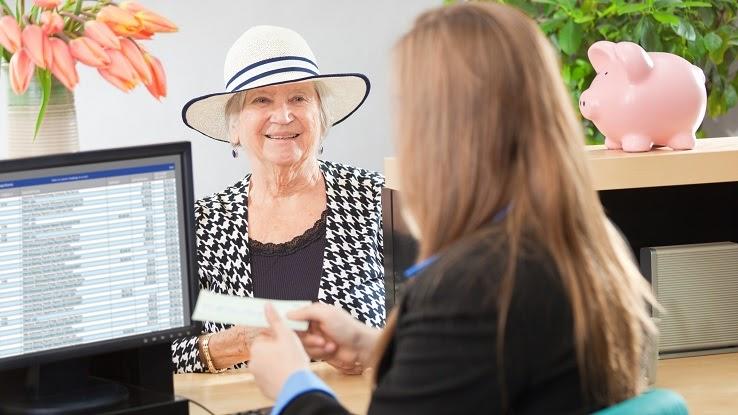
Cashier's checks are one of many ways that people can transfer money from one person to another. They're a secure form of payment because banks guarantee them and they usually have integrated security features that make it more difficult for people to counterfeit them. They're also ideal for making larger transactions because their funds are available quickly and aren't likely to bounce. But these aren't the only ways cashier's checks differ from the more common personal checks you might write out in the grocery store checkout or receive from Grandma in a birthday card.
In addition to the method of obtaining this type of payment, the process for cashing a cashier's check is slightly different from that of cashing a personal check. If you've received a cashier's check, it's important to understand what the procedure looks like and where you can obtain the funds. Learn more about some basics of cashing cashier's checks, along with where you'll need to go to do so.
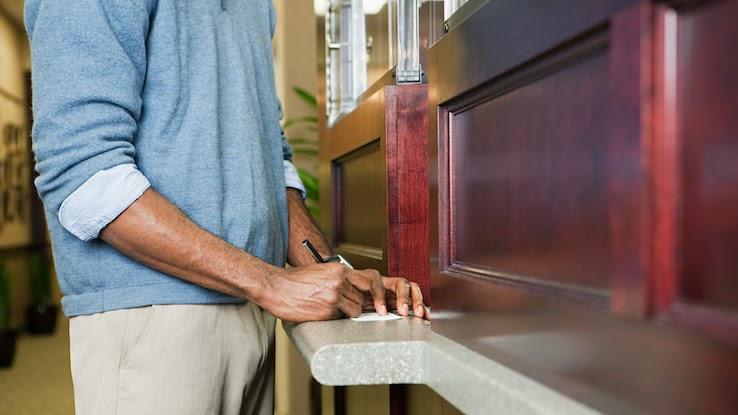
When you write out a check for a person or business you're paying, this is called a personal check. The check is personal because you wrote in the details and signed it. Your signature is an acknowledgment that there's enough money in your checking account to cover the value of the check.
In some situations, though, a person's word isn't enough — but a guarantee from a bank is. Cashier's checks come with an added level of protection to ensure the funds are available. That's why people commonly use them when they're making a big purchase and the person they're paying doesn't want to risk a personal check bouncing when a larger amount of money is on the line.
You have to get a cashier's check from a bank. A teller at the bank creates the check for you by writing in the recipient's name, the amount and other details, and a representative from the bank signs the check. This provides an extra guarantee from the bank to the payee that the funds for the check are available and the check won't bounce. That's partially because, when you have your bank create a cashier's check, the teller transfers out the money from your bank account immediately. It goes to the bank, which later transfers that money to the recipient once they cash the cashier's check.
Where to Cash a Cashier's Check
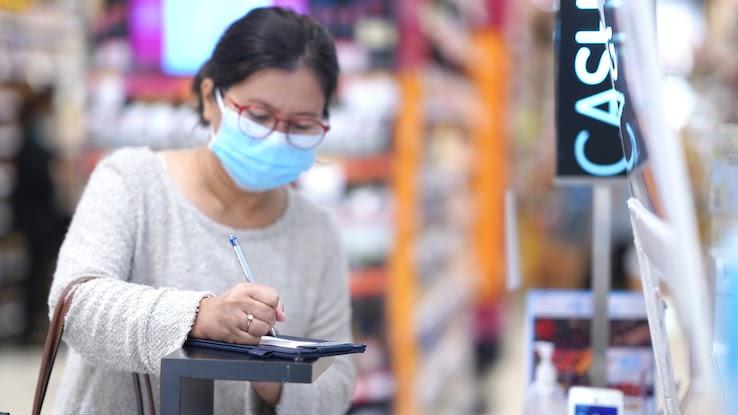
Businesses consider cashier's checks to be less risky than personal checks because the funds are issued and guaranteed by a bank. So, you can cash cashier's checks at nearly any financial institution or store that offers check-cashing services.
Many non-bank check-cashing centers charge fees in exchange for cashing a cashier's check. The fee is either a flat dollar amount, a tiered dollar amount based on the value of the check or a percentage of the value of the check. When you cash this type of check, be prepared to supply proof of identification. Government-issued identification, such as a driver's license or military ID, is best.
Personal Bank
You can easily cash a cashier's check at a bank or credit union you already have an account or banking relationship with. Although you may have no trouble cashing a personal check, you may need to show two forms of personal identification before your bank will process a cashier's check on your behalf. In most cases, there's no fee involved for cashing a cashier's check if you're already a customer of the bank.
Bank of Origin
Banks and credit unions typically cash cashier's checks that they've issued, even if you're not a customer there. You'll still need to show two forms of personal identification to do so. In addition, many banks and credit unions charge fees that represent either a percentage of the check amount or a flat amount to process a cashier's check for people who aren't customers. There are also plenty of banks that cash cashier's checks for non-customers even if another bank issued the check. But, again, you'll likely need to pay a fee.
Check-Cashing Stores
Like their name suggests, there are stores around the country that primarily focus on cashing checks for people who don't have bank accounts. These stores charge fees to provide this service, and those fees typically represent either a flat dollar amount or a percentage of the check amount. Like banks, check-cashing stores require proof of identification to cash a cashier's check. Performing an online search for check-cashing stores near your location is a great way of finding venues in your area.
Major Retailers
Some large department stores also have check-cashing centers. Walmart stores often have small outlets in their customer service departments called Walmart Money Center, and they can process cashier's checks.
Although many gas stations have stopped handling cashier's checks, there are still some 7-Eleven, Pilot Flying J and TravelCenters of America locations that cash cashier's checks. The service isn't offered at every gas station, so it's important to call your local franchise ahead of time to make sure the service is available.
Many major grocery store chains can also process cashier's checks. However, the choice is up to local management, so it's best to call ahead to see if your store offers the service. Grocery stores that cash checks often have signage at their customer service desks advertising check cashing.
Do You Need a Bank Account to Cash a Cashier's Check?
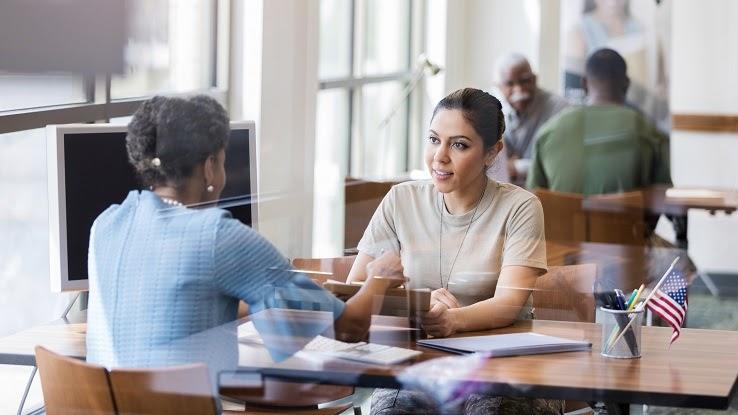
As long as you're listed as the payee on the cashier's check, you can cash a cashier's check even if you don't have a bank account. To do so, you can visit the bank that issued the check. If that's not possible, there are some banks and credit unions that cash these checks even if they haven't issued the payment and you aren't a customer. Check-cashing retailers are also an option, but you'll pay a fee for cashing a cashier's check (or any check) if you don't have a bank account.
Often, the easiest and cheapest method is to cash the check with your own bank. But what if you don't have an account? Opening a basic checking account is a quick process, and some banks have checking accounts that are free and don't require a minimum balance.
Because some check-cashing businesses charge fees, if you receive cashier's checks regularly you'll save money in the long run by opening up a bank account if you can. Some banks offer second-chance checking accounts that you might find suitable if your financial history or credit score prevent you from opening a traditional checking account.
A cashier's check allows anyone, with proper identification, to receive bank-guaranteed funds. Even if you don't have a personal bank account, you can cash these flexible, convenient and secure checks.
MORE FROM ASKMONEY.COM
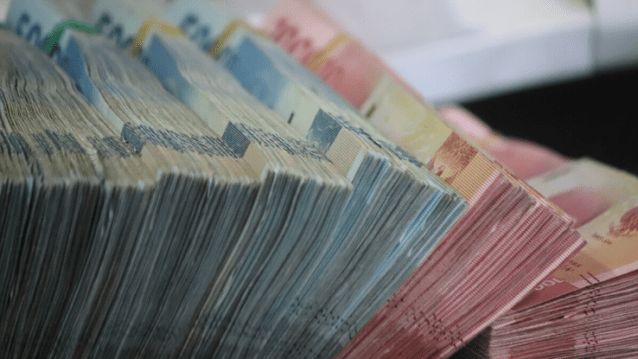
What Is The Correct Way To Put Money In A Cash Drawer
Source: https://www.askmoney.com/investing/who-cashes-cashiers-checks?utm_content=params%3Ao%3D1465803%26ad%3DdirN%26qo%3DserpIndex
Posted by: bauerwone1985.blogspot.com

0 Response to "What Is The Correct Way To Put Money In A Cash Drawer"
Post a Comment